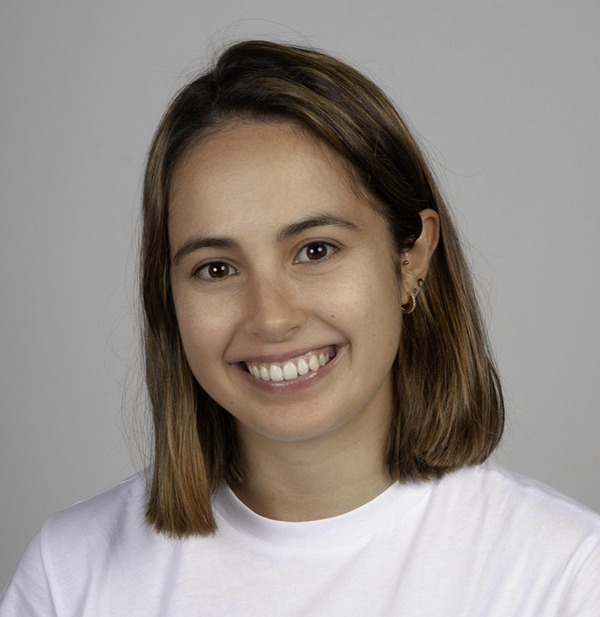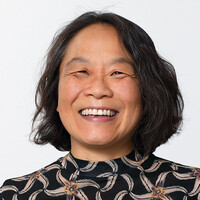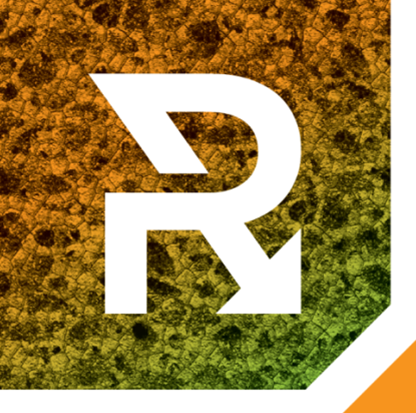The Research Institute of Molecular Pathology (IMP)
Vienna, Austria
Project description
The goals of the project are to 1) Establish the genome-wide profile of histone modification, DNA methylation and small RNA expression changes in fibroblasts, satellite cells and epidermis and their descendent blastema cells during regeneration by sequencing across the time course of limb regeneration in axolotl; 2) Disruption of key epigenetic regulators during regeneration using an inducible CRISPR/Cas9 system; 3) Develop whole-mount immunofluorescence analysis of key epigenetic regulators and marks in regenerating tissue.
Doctoral Candidate
Miray Bozkurt
Hi! I am Miray, and I’m from Turkey. I completed my bachelor’s in molecular biology and genetics at Bahcesehir University, Istanbul/Turkey. Subsequently, I pursued a Master’s in the International Master: From Fundamental Molecular Biosciences to Biotherapies program at Sorbonne University in Paris/France, with an enriching exchange semester at Ruprecht-Karls-Universität Heidelberg. I completed my master’s thesis in Igor Adameyko’s research lab in Vienna/Austria, where my primary focus was on spatial transcriptomics method development and the characterization of human neurodevelopmental organoids using a comparative analysis of single-cell RNA-seq. Currently, I am a Ph.D. student in the Elly Tanaka’s group as part of the REGENERATE-IT program. I am dedicated to Project 5, which involves exploring the fibroblast dedifferentiation process during Axolotl limb regeneration. Beyond academia, I like dancing and horse riding.

Principal Investigator
Elly Margaret Tanaka, PhD
Biochemist and senior scientist at the Research Institute of Molecular Pathology (IMP) in Vienna, Austria.
Tanaka studies the molecular cell biology of limb and spinal cord regeneration as well as the evolution of regeneration.
E-mail: elly.tanaka[at]imp.ac.at
Phone: +43 1 79730 3200
Visit lab page: Tanaka Lab – Molecular mechanisms of vertebrate regeneration
ORCID: https://orcid.org/0000-0003-4240-2158

IMP
The Research Institute of Molecular Pathology (IMP) is among Europe’s leading basic research institutes. Its 15 research groups with scientists from 40 countries address fundamental questions in molecular biology. Funded primarily by Boehringer Ingelheim and with unconstrained academic freedom, the IMP is the ideal environment for curiosity driven biomedical research. Since the IMP’s establishment in 1985, scientists at the institute are addressing important problems in research areas including molecular and cellular biology, structural biology and biochemistry, gene expression and chromosome biology, stem cell biology and development, immunology and cancer, and finally neuroscience. In pursuit of their research goals, scientists at the IMP employ the latest methods and equipment in molecular genetics, imaging, biochemistry and structural biology on an array of model systems. This is achieved with the help of state-of-the-art core facilities that are available to all research groups free of charge.
